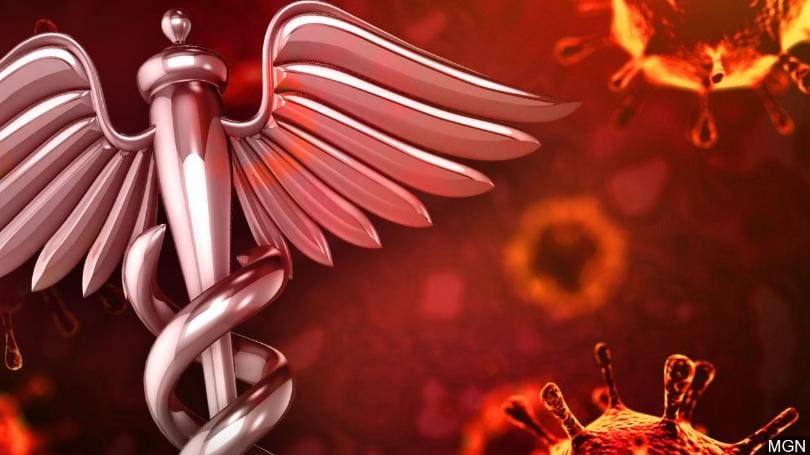Search Posts
Recent Posts
- Vinny Paz to be inducted TODAY into the International Boxing Hall of Fame – CES Boxing June 7, 2025
- In the News… quick recap of the week’s news (6.7.25) June 7, 2025
- Burn with Kearns: Strong without the spend: How scraps became strength tools – Kevin Kearns June 7, 2025
- Rhode Island Weather for June 7, 2025 – Jack Donnelly June 7, 2025
- How to advocate for threatened properties: The Heritage Alliance of Pawtucket June 7, 2025
Categories
Subscribe!
Thanks for subscribing! Please check your email for further instructions.

GriefSpeak: We want our lives back
By: Mari Dias
How many of you believe that you had COVID19 long before it was a household word?
Since my announcement a few weeks ago that GracePointe Grief offers free support services via telehealth, we have been inundated with calls. As expected, many concerns include anxiety, depression, loneliness and yes, grief.
Many are grieving the life they had pre-Covid-19, some are grieving their freedom, and many are grieving their sense of security and normalcy; however, I was stunned to hear how many believe that coupled with their behavioral health issues, and before Covid-19 became a household word, they had the virus. Most believed that the solution would be an antibody test. Why? How might it help if you did have access to an antibody test which resulted in a positive result? Many tell me that a positive antibody test would change their perspective – their sense of freedom and security may be rejuvenated. They may have the ability to help others with the research on convalescent plasma from recovered individuals. Most of all, their anxiety and depression would sharply decrease and “their whole outlook would change from a negative to a positive.”
One woman expressed that ‘I would finally be able to sleep, eat and perhaps even shower. I have been numb and unable to motivate myself to do anything!” Another stated “I feel like I’m in a box, powerless. Every time I hear the press conference with more or longer restrictions, the box gets smaller. Pretty soon I’m going to disappear! “I might be able to breathe again”, sobbed another. And still another argues “Many say the virus was around in November, so wouldn’t it be great to find out that it was Covid-19, and one may be immune!”
Hundreds of individuals have called with some variation of the following story: “I had a really bad flu in (anytime within the months of November – February). I had high fevers, a cough that sounded like I was a barking dog, exhaustion after a 4-6-hour nap. Even my hair hurt! I went to the doctor who did a test that revealed I was positive for Influenza A. He/she gave me Tamiflu, cough medicine and recommended rest and liquids. A week later I was still ill. I went back to the doctor who concluded I had “secondary complications to the flu and gave me a Z-Pak. (3-5 weeks later) I still wasn’t back to normal! I had a flu shot, but I still got a horrible flu. What if it was Corona before they knew about it? We all thought China was some place far away that would never affect me. In fact, when I left the doctor, he chuckled and said, “You’ll be fine! Just don’t go to China!”
I am unsure whether we are looking at the antibody test as a treatment to assuage anxiety, depression, loneliness or grief. But for those hundreds of people who have called us, fraught with behavioral health issues, their hopes for sanity is hanging in the balance as they pray for a positive antibody test. I was compelled to address the elephant in the room: “What if the antibody test is negative?” Most responded similarly – “Well, at least I’d know. I’d have to accept the inevitable. BUT if it’s positive I will be free. The not knowing is the hardest part.”
NOTE: Tristan Medical Center in North Attleboro, Massachusetts is currently providing antibody tests. No PCP referral required, but one must call for an appointment and a telehealth interview.

Dr. Mari Dias is a nationally board-certified counselor, holds a Fellow in Thanatology and is certified in both grief counseling and complicated grief.
She is Professor of Clinical Mental Health, Master of Science program, Johnson & Wales University. Dias is the director of GracePointe Grief Center, in North Kingstown, RI. For more information, go to: http://gracepointegrief.com/
